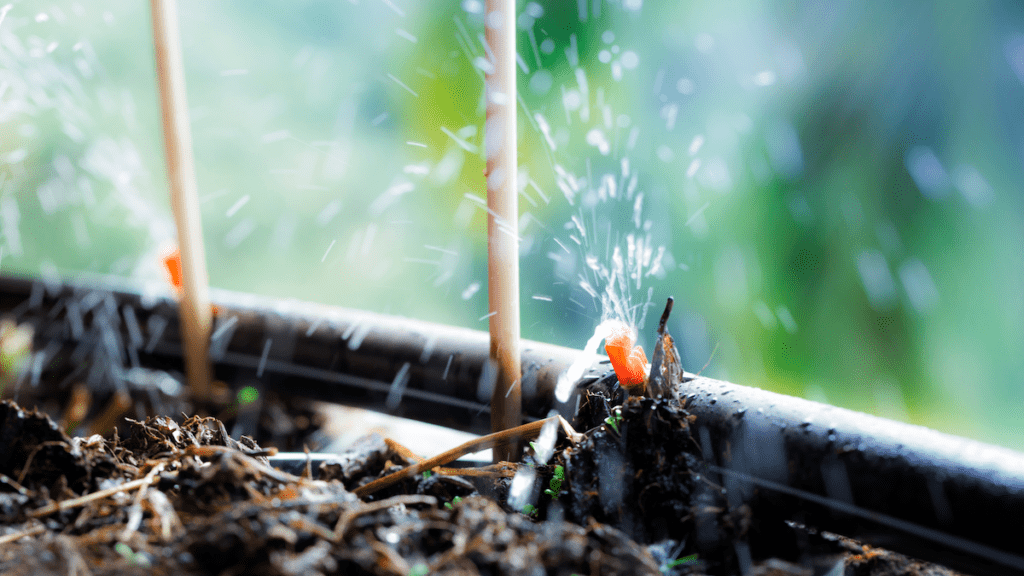As the global population continues to rise and climate instability threatens water availability, the need for water conservation has never been more urgent.
Let’s dive into the significance of water conservation, explore its various aspects, and highlight practical strategies that individuals, communities, and governments can adopt to preserve this precious resource.
Every year, severe water scarcity impacts about 4 billion people, which accounts for approximately two-thirds of the world’s population.
Understanding Water Scarcity
Water scarcity occurs when the demand for water exceeds the available supply. While our planet is covered in water, only a small fraction—about 2.5%—is freshwater suitable for consumption.
Moreover, the majority of freshwater is locked in ice caps, glaciers, and underground aquifers. The limited availability of usable freshwater combined with population growth, industrialization, and climate change has led to significant water scarcity issues in various regions worldwide.
The Importance of Water Conservation
Water conservation plays a crucial role in mitigating the challenges posed by water scarcity. By conserving water, we can reduce stress on freshwater resources, maintain ecological balance, and ensure a sustainable future for generations to come. Additionally, water conservation offers numerous environmental, economic, and social benefits.
Environmental Benefits:
- Preserving aquatic ecosystems and biodiversity.
- Protecting wetlands, rivers, and lakes.
- Maintaining the natural water cycle and climate regulation.
Economic Benefits:
- Reducing water-related costs for individuals and communities.
- Enhancing agricultural productivity through efficient irrigation techniques.
- Promoting sustainable industries and practices.
Social Benefits:
- Ensuring access to clean water for all individuals.
- Alleviating conflicts over water resources.
- Fostering awareness and responsible water use behaviors.
Practical Water Conservation Strategies

Water conservation requires collective effort at the individual, community, and governmental levels. Here are some practical strategies that can be adopted:
- Efficient Indoor Water Use:
- Repairing leaks in faucets, pipes, and toilets.
- Installing low-flow fixtures and appliances.
- Practicing mindful water use during daily activities like brushing teeth or doing dishes.
- Outdoor Water Management:
- Watering lawns and gardens during cooler hours to minimize evaporation.
- Utilizing drip irrigation or soaker hoses for targeted watering.
- Collecting rainwater for gardening or outdoor cleaning.
- Sustainable Agricultural Practices:
- Implementing precision irrigation systems and techniques.
- Using drought-resistant crop varieties and efficient irrigation methods.
- Employing soil conservation methods to reduce water runoff.
- Industrial and Commercial Water Conservation:
- Employing water-efficient technologies and practices.
- Recycling and reusing water in industrial processes.
- Conducting regular water audits to identify areas for improvement.
- Raising Awareness and Education:
- Conducting water conservation campaigns in schools and communities.
- Promoting the importance of water-saving behaviors through media and social platforms.
- Encouraging responsible water use through incentives and public recognition.
Water conservation is not merely a choice but a necessity to safeguard our future. By adopting practical strategies and fostering a culture of responsible water use, we can contribute to the preservation of this invaluable resource.
Whether it’s making small changes in our daily routines or supporting larger-scale initiatives, every action matters.







